Jamal Berakdar, Jürgen Kirschner9783527404773, 3527404775
Table of contents :
Correlation Spectroscopy of Surfaces, Thin Films, and Nanostructures……Page 4
Contents……Page 8
Preface……Page 14
List of Contributors……Page 16
1.1 Introduction……Page 22
1.2.1 Theory……Page 25
1.2.2 The GW Approximation in Practice……Page 26
1.3 Dynamical Mean Field Theory……Page 28
1.3.1 DMFT in Practice……Page 29
1.4 GW+DMFT……Page 30
1.4.1 Simplified Implementation of GW+DMFT and Application to Ferromagnetic Nickel……Page 33
1.5 Conclusions……Page 34
References……Page 36
2.1 Introduction……Page 38
2.2 Quasiparticle Electronic Structure of Copper……Page 39
2.3 The Plasmon Resonance of Silver……Page 42
2.4 Dynamical Excitonic Effects in Metals……Page 46
References……Page 51
3.1 Introduction……Page 53
3.2 Generalities……Page 54
3.3 Excitations in Finite Systems: Role of the Electron–Electron Interaction……Page 55
3.3.1 Formal Development……Page 56
3.4 Results and Discussion……Page 58
3.5 Conclusions……Page 61
References……Page 62
4.1 Introduction……Page 63
4.2 Structure Studies……Page 64
4.3.1 The Optical Limit……Page 66
4.3.2 Dynamics Studies at Intermediate Energies and Intermediate Momentum Transfer……Page 68
References……Page 77
5.2 General Considerations……Page 79
5.3 Results and Interpretations……Page 80
References……Page 87
6.1 Introduction……Page 89
6.2.1 Experimental Set-Up……Page 91
6.2.3 Data Processing……Page 92
6.3.1 LiF Film on Si(100)……Page 93
6.3.2 Single Crystal of W(110)……Page 95
6.3.3 Single Crystal of Si(001)……Page 100
6.4 Conclusions……Page 101
References……Page 102
7.1 Introduction……Page 104
7.2 Experimental Details……Page 106
7.3.1 Independent Particle Approximation……Page 109
7.3.2 Electron Correlation Models……Page 110
7.4.1 Band Structure……Page 111
7.4.2 Diffraction Effects……Page 116
7.4.3 Many-body Effects……Page 118
7.5 Conclusions……Page 122
References……Page 123
8.1 Introduction……Page 126
8.2 Experiment……Page 127
8.3.1 Graphite……Page 128
8.3.2 Fullerene……Page 130
8.3.3 Cu–Ni Alloy……Page 131
8.4 Lifetime Effects in Compton Scattering……Page 133
8.5 Summary……Page 136
References……Page 137
9.1 Introduction……Page 139
9.2 Concepts and Formalism……Page 140
9.3 Spin and Spatial Selection Rules……Page 141
9.4 Numerical Results for Fe(110)……Page 145
References……Page 150
10.1 Introduction……Page 151
10.2 Convergence of the Density of States as a Function of Cluster Size……Page 153
10.3 Going beyond Hartree–Fock……Page 154
10.4 Convergence of Potential Energy Curves as a Function of Cluster Size……Page 158
10.5 Conclusions……Page 162
References……Page 163
11.1 Introduction……Page 165
11.2 Experimental Developments……Page 166
11.2.2 Electron Number Spectra……Page 168
11.3 Coincident TOF and Electron Number Spectra……Page 170
11.3.1 Studies on Near-Threshold Behavior……Page 172
11.4 Model for Electronic Excitation and Capture Processes during Scattering of Atoms from Insulator Surfaces……Page 174
11.5 Summary and Conclusions……Page 178
References……Page 179
12.1 Introduction……Page 180
12.2 APECS Spectrum……Page 181
12.3 Shakeup/down and Coincidence Photoelectron Spectrum…….Page 184
12.4 Coincidence L(3) Photoelectron Line of Cu Metal……Page 191
References……Page 193
13.1 Introduction……Page 195
13.2 Experimental Aspects……Page 196
13.3 Results and Discussion……Page 197
13.4 Conclusions……Page 202
References……Page 203
14.1 Introduction……Page 204
14.2 AR-APECS Two Step Model……Page 205
14.2.1 Atomic Core Ionization and Relaxation……Page 206
14.2.2 Diffraction from Crystal Lattice……Page 207
14.3 Experimental Results……Page 209
14.3.1 Angular Discrimination……Page 210
14.3.2 Energy Discrimination……Page 212
14.3.3 Surface Sensitivity……Page 214
14.4 Conclusions……Page 216
References……Page 217
15.2 APECS Experiments……Page 218
15.3.1 Broadening of Cu 2p(3/2)……Page 220
15.3.3 Disorder Broadening……Page 222
References……Page 225
16.1 Introduction……Page 227
16.2.1 Coaxially Symmetric Electron Energy Analyzer [46]……Page 229
16.2.3 EICO Apparatus Using a Coaxially Symmetric Mirror Analyzer and a Miniature TOF-MS [14]……Page 231
16.3.1 Miniature Polar-Angle-Resolved TOF-MS with Three Concentric Anodes [47]……Page 234
16.3.2 Electron–Polar-Angle-Resolved-Ion Coincidence Apparatus [47]……Page 235
16.4.1 Introduction……Page 237
16.4.2 Miniature CMA [56]……Page 238
16.4.3 New APECS Apparatus [56]……Page 239
16.4.4 Application to Auger–Photoelectron Coincidence Spectroscopy [56]……Page 240
16.5 Conclusions……Page 241
References……Page 244
Color Figures……Page 247
Index……Page 256
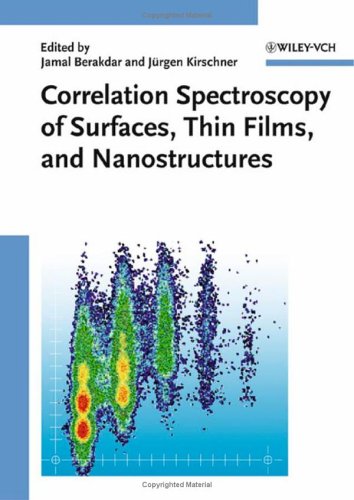
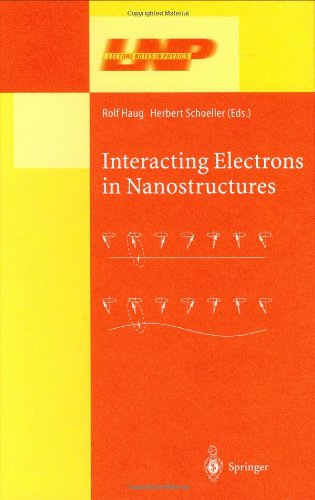
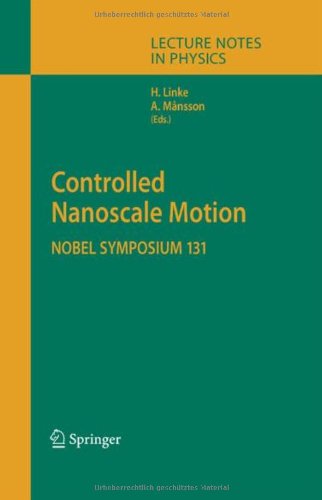
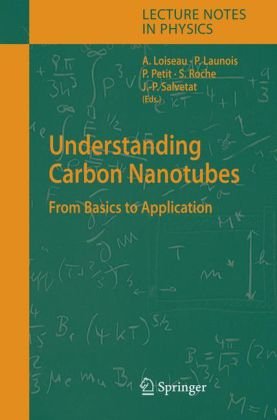
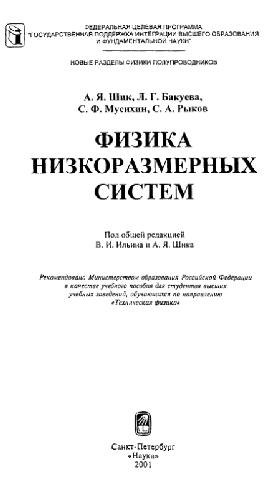
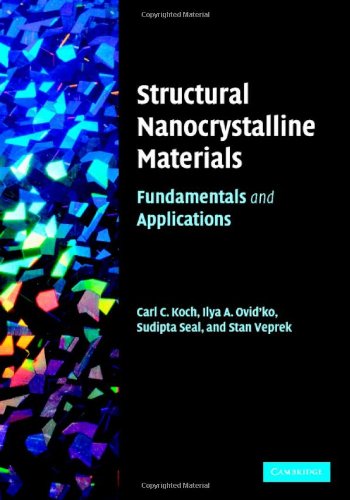

Reviews
There are no reviews yet.